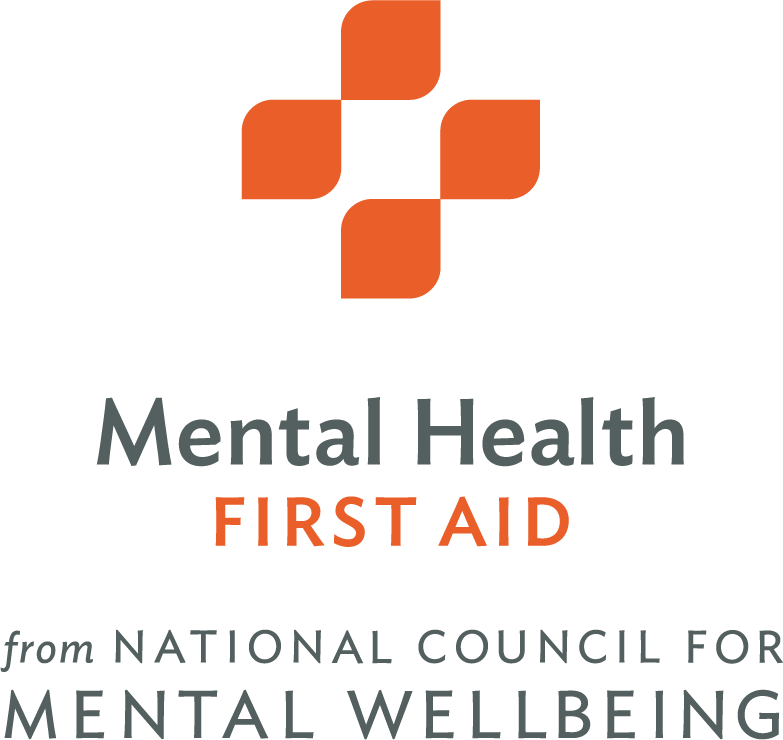Welcome to Rock Bottom Rising
Hey, I’m Chris! Welcome to Rock Bottom Rising—I’m so glad you’re here. This community is all about resilience, growth, and finding hope even in the hardest times. I share my journey, along with the stories, tools, and resources that have helped me, so you can find strength in yours. No matter where you are in your journey, you’re not alone—we’re in this together.
Drifting Between Exhaustion and Ambition
This week, I've been caught in a mental fog. Even though I go to bed at a reasonable hour, my sleep is fragmented. I wake up in the middle of the night and struggle to fall back asleep. When I finally manage to drift off again, I only rest for a few hours before waking once more. This brief recharge seems just enough to trigger a flood of racing thoughts. It feels like there’s so much I want to accomplish—and so much I need to do—but there's never enough time in the day, or enough days in the week. I wake up with a lingering sense of unfinished business, even though I know I need more rest to function properly the next day.
Aside from the restless sleep, this weekend has been particularly challenging. I’m not sure if it’s because what's happening around me is more difficult, or if it's my diminished capacity to handle it due to the lack of energy.
On a brighter note, the days are growing longer, the temperatures are warming up, and Spring is just around the corner. I hear birds chirping, and more people are out and about. It’s felt like a long, cold winter, and I’m ready for a change. I’m eager for brighter days, both literally and figuratively.
Table of Contents
Finding Light in the Darkness: How to Cultivate Hope
Today, I’m in a much better place than I was during my darkest days, and for that, I’m deeply grateful. But I’ll never forget how alone, isolated, and weighed down by depression I once felt. What I’ve learned, though, is that even in the darkest moments, there are always bright spots—if you choose to look for them.
The Illusion of Hopelessness
When you’re struggling, hope can feel like a distant concept—something meant for other people, but not for you. Darkness has a way of distorting reality, making it seem as if things will never get better. I’ve been there. I know how it feels to wake up with a heavy heart, dreading the day ahead, convinced that nothing will ever change.
But here’s the truth: Hopelessness is an illusion. It tricks you into believing that the pain of today will last forever. The reality is, everything is temporary—both the good and the bad. And while that might sound unsettling, it’s actually a reason to hold on. Because no matter how deep the darkness, light always finds a way in.
Small Steps Toward Hope
So how do you cultivate hope when it feels impossible? You start small. You don’t need to have everything figured out—you just need to take one step forward. Here are some things that helped me:
1. Look for Tiny Moments of Joy
Even in difficult times, there are small things that can bring a sense of comfort. A warm cup of coffee, the sound of birds in the morning, a favorite song playing at just the right moment. When you train yourself to notice these things, you start to see that light exists, even in the darkest days.
2. Let People In
One of the hardest but most important lessons I learned is that isolation fuels hopelessness. You don’t have to go through it alone. Whether it’s a trusted friend, a therapist, or even an online support group, reaching out can be the first step toward healing.
3. Remind Yourself That Feelings Aren’t Facts
Just because you feel hopeless doesn’t mean you are. Just because you feel like nothing will change doesn’t mean it won’t. Our emotions are powerful, but they don’t define reality. Sometimes, simply reminding yourself of that can shift your perspective.
4. Focus on What You Can Control
When life feels overwhelming, it helps to narrow your focus. You might not be able to change everything overnight, but you can control small actions—like making your bed, going for a short walk, or practicing deep breathing. These small acts of self-care add up and create momentum.
Brighter Days Are Ahead
Healing isn’t linear, and there will be setbacks. But I promise, the darkness won’t last forever. There will be moments—maybe even entire seasons—where life feels heavy. But there will also be moments of laughter, love, and joy. And sometimes, hope is simply the decision to keep going, even when you don’t feel like it.
If you’re struggling right now, please know that you’re not alone. You are seen, you are valued, and you are capable of finding your way forward. The light is still there—you just have to keep looking for it.
What's your story?
Share your experience by emailing [email protected].
Your story can inspire others and remind them they're not alone.
Resource Spotlight
Mental Health First Aid (MHFA) is a training program designed to equip individuals with the skills to recognize, understand, and respond to signs of mental health challenges and crises. Offered by the National Council for Mental Wellbeing, MHFA provides evidence-based courses that teach how to offer initial support to someone struggling with mental health issues or substance use disorders. Whether you're a friend, family member, or community member, this resource empowers you to provide help when it’s needed most. Learn more at Mental Health First Aid.
Community Spotlight
Practical Tips for Navigating Mental Health Challenges
By: Anonymous Contributor
Struggling with mental health can feel overwhelming, but small, intentional steps can make a big difference. Here are some strategies that have helped me along the way:
1. Accept Your Thoughts Without Judgment
Unhealthy or chaotic thoughts are a natural part of the mind’s processing. Instead of fighting or condemning them, try acknowledging them for what they are—without judgment. Suppressing them often makes them stronger. Instead, dig deeper and explore their root cause. Healing begins when you address the pain behind the thoughts.
2. Stay Hydrated
A great teacher of mine once told me that a significant portion of anxiety and depression stems from dehydration. It may sound simple, but drinking water can sometimes provide unexpected relief. When my thoughts feel overwhelming, I make it a point to hydrate—it’s a small but effective way to care for my body and mind.
3. Face Your Inner Struggles
Self-reflection is essential for true healing. Books like Facing the Dragon Within by Dr. Robert Moore challenge you to confront your inner pain and embrace self-love. While medication can be helpful, true healing often requires looking inward and addressing the deeper wounds, rather than just managing surface-level symptoms.
4. Find Reasons to Laugh
Laughter is one of the best emotional releases. It shifts energy, lightens heavy thoughts, and brings a sense of relief, even in difficult times. Seek out humor, watch something funny, or spend time with people who make you smile. Sometimes, a good laugh can be the reset you need.
To everyone navigating mental health struggles—I see you, and I wish you an abundance of peace. You’re not alone, and brighter days are ahead. Keep going. 💙
Weekly Inspiration
In a recent WDSU article, New Orleans fashion designer James Mayes, creator of the Emline brand, shares his journey to success and emphasizes the importance of resilience. Mayes discusses overcoming challenges in the fashion industry and his commitment to inspiring local youth through mentorship and community engagement. His story highlights the impact of determination and giving back to the community.
Don't forget to tell yourself positive things daily. You must love yourself internally to glow externally.
Our Mission
To create a supportive community that provides hope, resources, and guidance for individuals recovering from life's lowest points, helping them rebuild and rediscover their strength through shared experiences and practical support.
Together We Rise
Millions of people—of all ages and backgrounds, from all over the world—have experienced, are experiencing, or will experience hitting rock bottom at some point in their lives.
What does it mean to hit rock bottom? While some call it a midlife crisis, each person's experience is unique. It might be an overwhelming battle with depression or other mental health challenges. It might be severe financial hardship. It might be a marriage or relationship crumbling beyond repair. It might be an addiction that feels impossible to overcome. It may be the insurmountable grief from an unexpected loss. Often, it's a combination of these struggles.
Crisis Resources
USA
In an emergency, dial 911 from your phone immediately.
International

Free, confidential support from a helpline or hotline near you. Online chat, text or phone.
Next Week
Here’s what’s coming in next week’s newsletter.
You Are Not Alone: Building a Support Network That Lifts You Up
Mental Break
Be one with nature. 🐦
Last Word
Thank you for sticking with me until the end—I genuinely appreciate it. I hope something I shared today resonated with you or offered value. If you have feedback, suggestions, a story to share, or an idea for contributing to this community, I’d love to hear from you! Feel free to reach out anytime at [email protected].
Your support means everything and helps this community thrive and grow. If you know someone who might benefit from this content, please pass it along! They can subscribe here: rockbottomrising.com/subscribe.
Together, we rise. 💛







